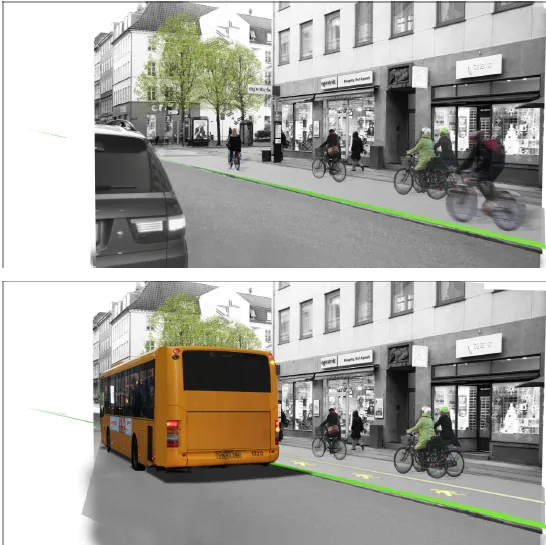Telvent GIT has been awarded a project to develop the smart mobility management system in the city of Quito, in Ecuador. This ambitious project, headed up by EPMMOP (the Metropolitan Public Mobility and Public Works Company) is intended to solve the traffic problems facing the two million citizens in Quito’s metropolitan area each day.
May 3, 2012
Read time: 2 mins
Telvent has devised a complete solution for global management of resources and infrastructures in the city that seeks to address the main mobility areas of any city, focusing specifically on those that pose a greater challenge to Quito.
The company will begin by implementing a system based on its SmartMobility technology to centralise city traffic management. Operators will have the capability to monitor and manage traffic in real time, reorder traffic flow according to existing needs, and respond rapidly in a coordinated fashion to any incident or emergency situation occurring throughout the road network.
Also envisioned is the implementation of a variety of systems geared towards lowering present traffic accident rates. This will involve red light photo and lane intrusion violation control systems, and also the video surveillance system that will monitor traffic status throughout the metropolitan area.
Telvent says that thanks to its SmartMobility technology, Quito's noise and air pollution will be reduced and travel time will significantly decrease, especially during rush hour, improving citizens' quality of life.
The new mobility management centre will also incorporate a system which, once it has been integrated with the traffic control system, will give priority to urban trolley bus traffic. The populace will enjoy faster and more effective public transportation, with an anticipated improvement in average speed in public transit times. This is a way of encouraging use of public transportation over private transportation that will have a positive impact on air quality in the city of Quito.
According to Telvent's Chairman and CEO, Ignacio Gonzalez, “This project underscores our company’s intense activity in Latin America.”
The company has carried out similar projects that are yielding excellent results in cities all over the world, including Sao Paulo (Brazil), Panama City (Panama), Mumbay (India), Madrid (Spain), Rosario (Argentina), Beirut (Lebanon), and Beijing (China). The Telvent SmartMobility technology is helping to decrease air pollution levels of more than 10 per cent, as well as facilitating city pedestrian and motor traffic on cities reducing travel times by up to 20 per cent.







